AI has quickly become one of the most transformative technologies of the 21st century. It has the potential to revolutionize many industries and business functions. Moreover, the rise of AI consulting has further elevated the industry.
AI can drive efficiency, productivity, and growth. It does this through predictive analytics and autonomous decision-making. However, for most businesses, leveraging the full potential of AI consulting for startups is easier said than done. Likewise, many companies struggle to navigate the complex world of AI. It includes technologies, applications, and strategies for using them.
This is where AI-based consulting comes into play. AI consulting for startups is helping businesses leverage AI technologies to achieve their strategic goals. An AI consultant works closely with a company to understand its needs, challenges, and opportunities.
They design AI solutions tailored to those needs. Moreover, AI consulting services for startups can range from vital advice and guidance on AI tech and apps. Additionally, they can also include full help with implementation and integration.
Furthermore, AI consulting has become more important in recent years. Businesses in all sectors have realized the potential of AI to drive growth and gain an edge. But, AI consulting for startups is complex and changing quickly.
It has many providers, tools, and methods to choose from. So, let’s dive in to understand how businesses can scale with the help of AI.
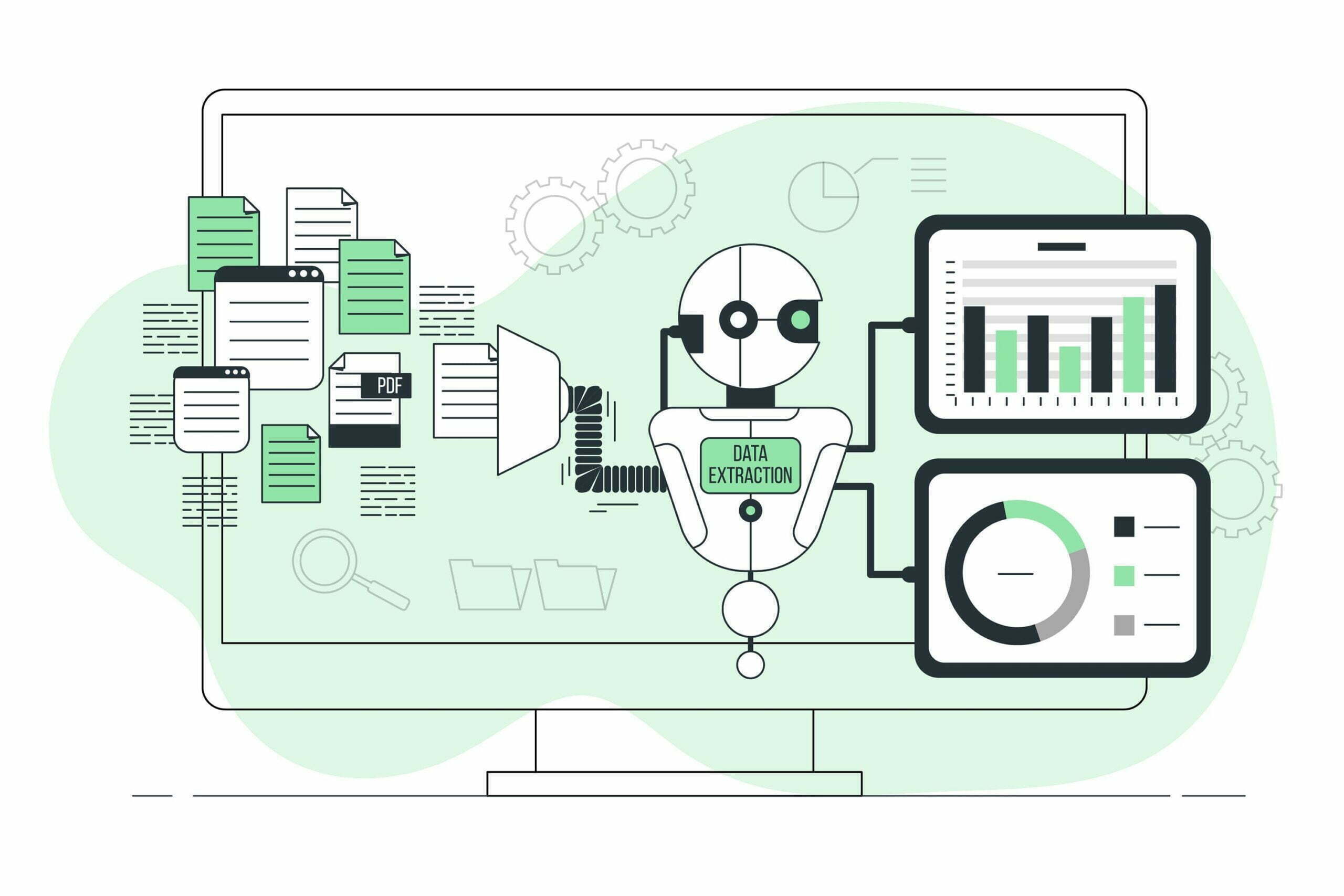
What is AI consulting?
AI consulting refers to using artificial intelligence technologies to provide consulting services to businesses. For startups, AI consulting can automate tasks. Moreover, It can analyze data to give insights and make predictions to help decisions.
AI can also help companies find new opportunities. Thus, it improves decision-making by providing data-driven insights and predictions.
AI consulting is particularly important for startups and established businesses looking to gain a competitive edge. Startups can benefit from AI consulting firms. Furthermore, they can use their expertise to develop and implement AI. Therefore, These technologies can help startups grow and succeed. Likewise, established businesses can use AI consulting to optimize operations and remain competitive in their industries.
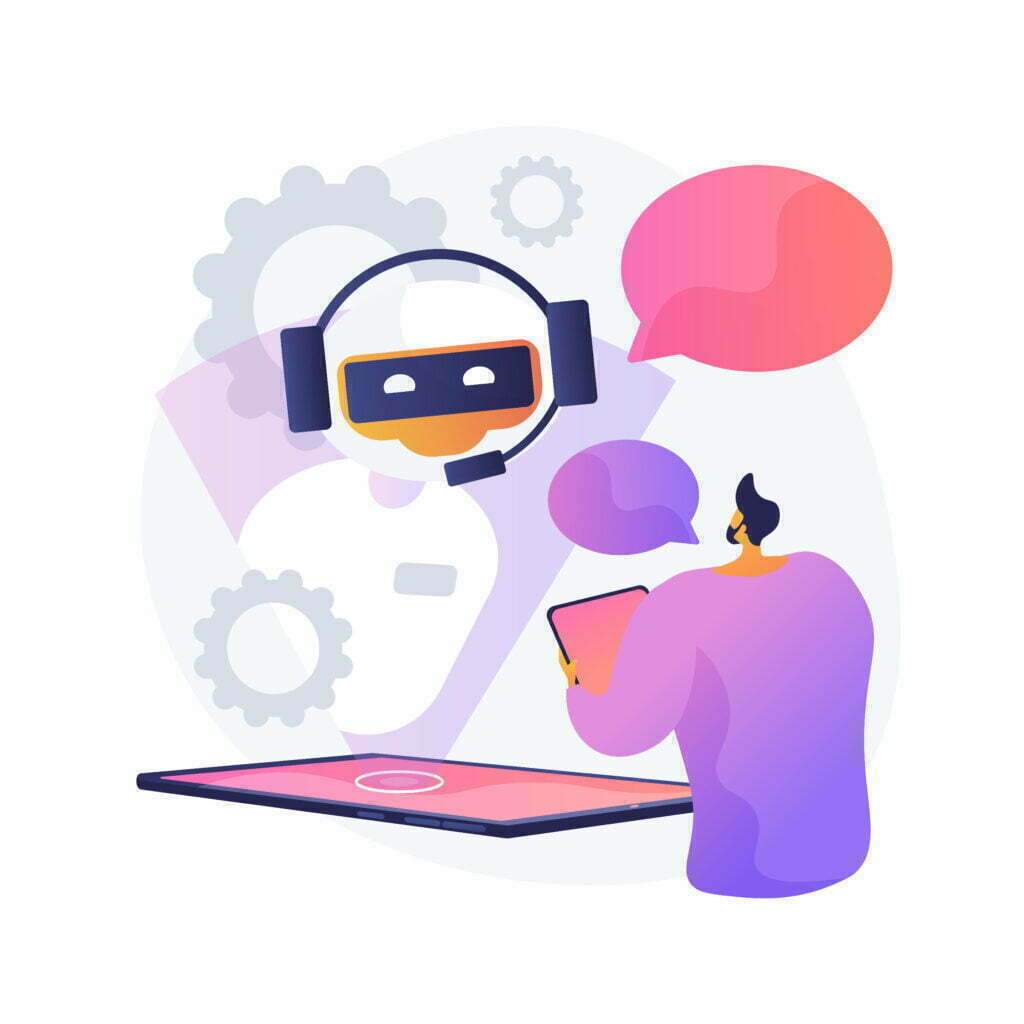
What are the Types of AI Consulting services?
AI consulting services can be broadly categorized into three main types based on the level of support required from the AI consultant. These are:
- Advisory Services: This type of AI consulting service for startups provides high-level guidance and advice on AI technologies. Furthermore, this also includes applications and best practices. The AI consultant works closely with the business.
They learn its goals, challenges, and opportunities. Consequently, they then suggest how AI can help achieve those goals. This may include market research, feasibility studies, and strategy development. - Implementation Services: This type of AI-based consulting service involves the full-fledged implementation and integration of AI solutions into systems and processes. The AI consulting firm works closely with the existing systems and processes to make it happen.
They first identify particular use cases and requirements for artificial intelligence (AI). Following that, they proceed to develop and implement AI models and algorithms tailored to fulfill those requirements. This process may encompass tasks such as data analysis, model creation, and software development. - Managed Services: Finally, this involves the ongoing management and optimization of AI solutions. The AI consultant monitors and improves the performance of AI models and algorithms.
Moreover, they also provide ongoing support and maintenance to keep the AI solution successful. This may include performance monitoring, model tuning, and troubleshooting.
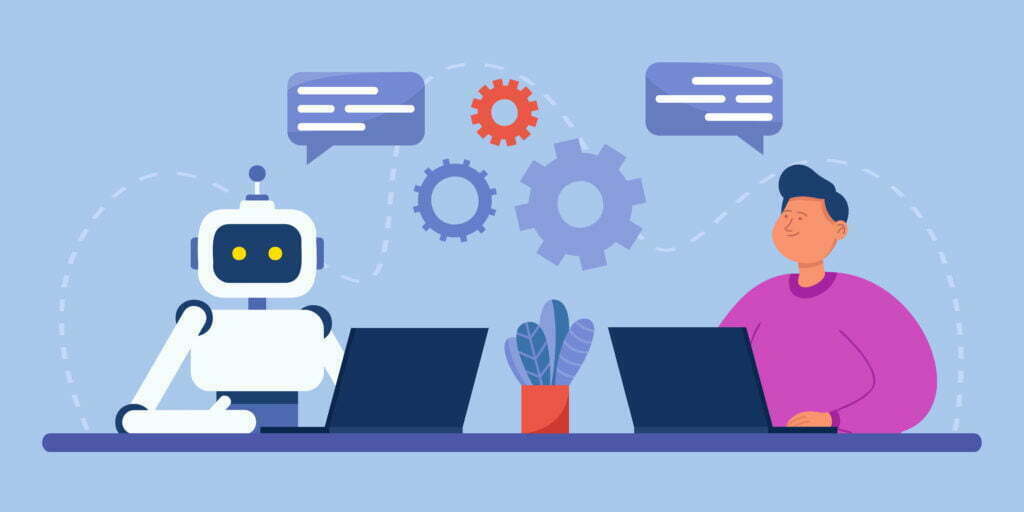
What are the Benefits of AI Consulting for Startups
AI integration consulting has many benefits. These include better productivity and efficiency. Moreover, they also include improved decision-making, cost cuts, higher customer satisfaction, and competitive advantage. Likewise, there are many other benefits of AI consulting. Let’s look at them:
1. Enhanced productivity with AI consulting:
AI consulting for startups can streamline their operations and increase productivity. A study by McKinsey found that companies that adopt AI technology can increase their productivity by up to 40%.
For example:- AI-powered logistics systems can optimize routes for delivery trucks, reducing transportation costs and improving delivery times. Furthermore, AI can also be used to monitor equipment and predict maintenance needs. Thus, reducing downtime and increasing efficiency.
2. AI consulting enables Enhanced Decision-making:
According to a survey by Deloitte, 81% of businesses that have adopted AI technology have improved their decision-making. This is because AI can analyze large amounts of data quickly and accurately. Thus, providing businesses with valuable insights that can inform decision-making.
In fact, AI consulting in their decision-making process is 3.5 times more likely to have improved their decision-making capabilities.
For example:- AI can be used to predict customer behavior, identify trends in sales data, or detect anomalies in financial transactions. Consequently, This information can be used to make better decisions, reduce risks, and optimize business performance.
3. Cost Reduction:
Startups that adopt AI integration and consulting services can reduce their operational costs by up to 25%. As mentioned earlier, AI can automate many tasks, reducing the need for human labor and associated costs.
Additionally, AI consulting can help startups optimize their operations by reducing waste, improving efficiency, and minimizing downtime. As a result, it supports significant cost savings over time.
4. AI consulting Improves Customer Satisfaction:
A survey by Salesforce found that 69% of customers expect businesses to use AI to improve their experiences. AI consulting startups can help businesses provide better customer experiences. Therefore, leading to increased customer satisfaction and loyalty.
For example:- AI-powered chatbots can provide instant support and answers to customers’ questions, improving their experience with the company. Furthermore, AI can also be used to personalize marketing campaigns and offers, making customers feel more valued and understood.
5. AI Consulting offers Competitive Advantage:
AI consulting for startups can provide them with a competitive advantage by helping them stay ahead of the curve in their industry. In fact, 75% of businesses that have adopted AI technology have gained a competitive advantage.
This is because businesses use AI to analyze customer data and find trends. They can use the trends to make new products or services that meet customers’ changing needs and preferences.
Additionally, businesses use AI to automate tasks and optimize operations. This makes them efficient and responsive to market changes. Thus, it gives them an edge over their competitors
6. New Business opportunities:
AI can help businesses find new opportunities for growth and innovation. It does this by analyzing market trends and finding gaps in the market. These gaps can be filled with new products or services.
Moreover, AI can also make new products or services that fit customers’ needs and wants. Thus, it helps businesses stay competitive in a changing market.
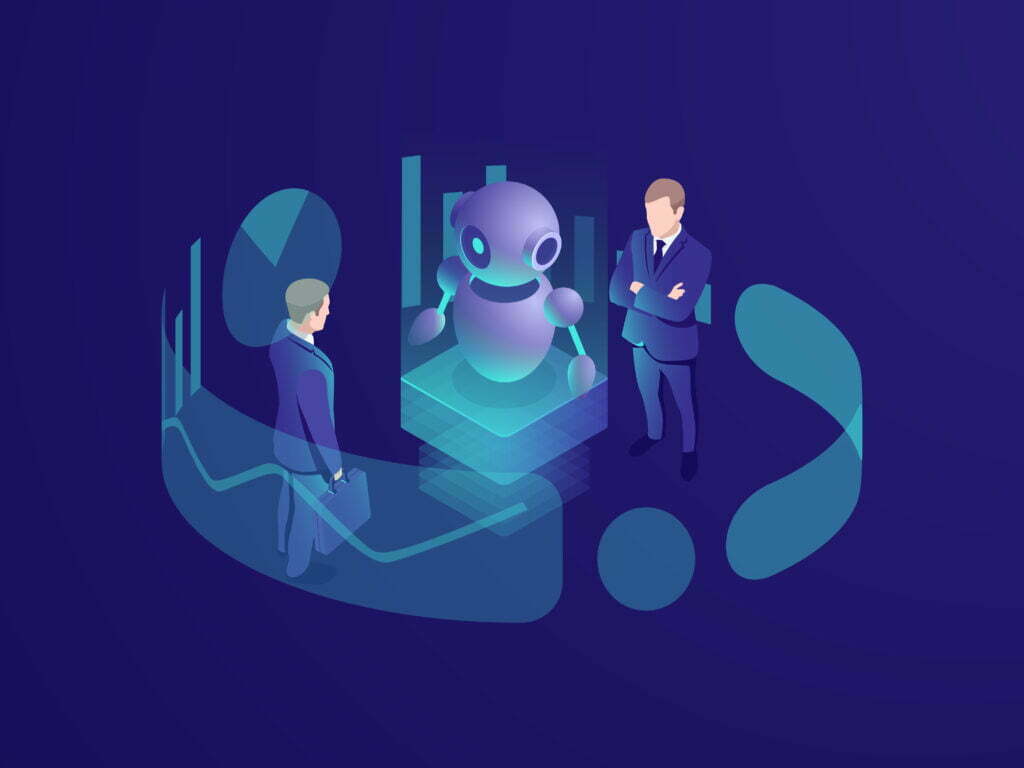
What are the Uses of AI Consulting for startups?
AI consulting in startups can be applied to many cases. These include predictive maintenance, fraud detection, customer segmentation, process optimization, and sales forecasting. Furthermore, these applications can help businesses improve operations, reduce costs, and increase revenue.
1. Predictive Analytics & Maintenance:
Predictive analytics involves using AI algorithms to analyze historical data to predict future outcomes. AI consulting providers can help organizations in many industries, like finance, healthcare, and retail. They help develop predictive models. Additionally, these models can find patterns and insights that aid decision-making.
For example:- an AI consulting business can help a healthcare organization. They can help develop a model to predict a patient’s chance of getting a specific disease. Thus, this allows for early intervention and better outcomes.
Brands can also use AI consulting to predict when a machine will fail. They can then schedule maintenance before it happens. This reduces downtime and maintenance costs. Airlines can use AI to predict maintenance issues and reduce the number of flight cancellations and delays. For example, EasyJet uses AI to predict when parts on its aircraft will need to be replaced, reducing cancellations by 13%.
2. Fraud detection and prevention:
Fraud detection involves using AI algorithms to identify and prevent fraudulent activities. AI consulting helps startups develop fraud detection systems. Moreover, these systems can analyze lots of data. Thus, they can detect anomalies and patterns that may show fraud.
For example:- AI-powered malware detection can help a financial institution. It can develop a fraud detection system. The system can detect suspicious transactions and prevent economic losses.
Many banks and insurance companies use AI to detect and prevent fraud in real-time. For example, JP Morgan uses AI to analyze customer transactions and find fraud. This led to a 75% drop in false positives and a 99% accuracy rate.
3. Customer segmentation and targeting:
Data analytics plays a crucial role in improving customer experience. AI algorithms can analyze customer data and fulfill the functions of data analytics. This data includes demographics, purchase history, and website behavior. Moreover, the algorithms use it to find different customer segments with common traits. These segments can then be targeted with customized marketing campaigns that are tailored to their specific interests and needs.
For example:- Capital One Bank uses AI to analyze customer data. It uses it to offer custom credit card recommendations. This has led to a 60% boost in customer engagement.
4. Natural Language Processing (NLP):
NLP involves using AI algorithms to analyze and understand human language. AI consulting for startups helps them to develop NLP applications that can analyze text, speech, and other forms of communication.
Amazon’s Alexa uses NLP to understand and respond to user voice commands. Alexa’s NLP technology enables it to recognize natural language, interpret user requests, and respond with relevant information or actions.
5. Robotic Process Automation:
RPA involves using AI algorithms to automate repetitive and rule-based tasks. AI consulting firms can help organizations. They can develop RPA applications to automate business processes. These processes include data entry, invoice processing, and customer onboarding.
Coca-Cola uses RPA to automate its financial operations, such as invoice processing and account reconciliation. As a result, RPA technology has enabled Coca-Cola to streamline its financial processes and reduce errors and costs.
6. Recommender Systems:
Recommender systems use AI algorithms to provide personalized user recommendations based on their preferences and behaviors. AI consulting firms can help organizations develop recommender systems that can improve customer engagement and loyalty.
For example:- an AI consulting firm can help an e-commerce company. They can help them develop a recommender system. Furthermore, the system can suggest products to customers based on their browsing and purchase history.
7. Autonomous Systems:
Autonomous systems use AI algorithms to enable machines to operate independently without human intervention. AI consulting firms can help organizations develop autonomous systems. These systems can perform complex tasks in many industries, like manufacturing, transportation, and healthcare.
For example:- Waymo uses autonomous vehicle technology to enable self-driving cars to navigate roads and highways without human intervention. Waymo’s self-driving system uses sensors and cameras. It also uses AI algorithms. Additionally, they detect and respond to road conditions and obstacles.
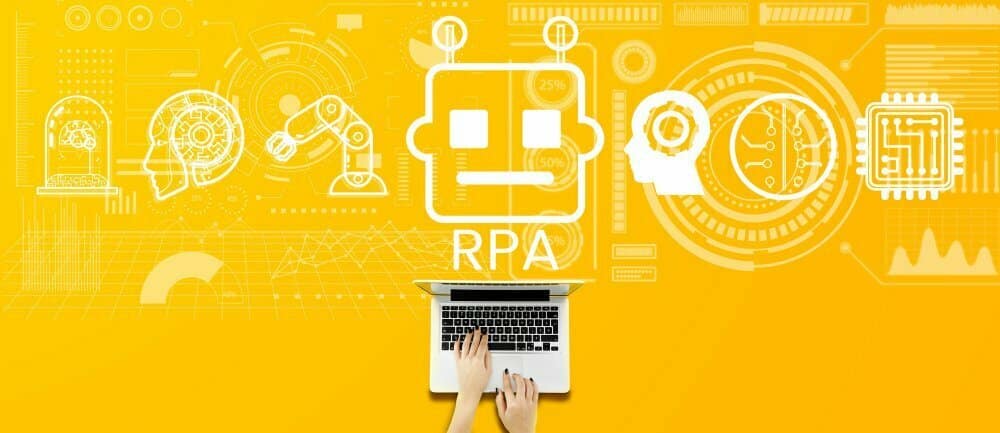
How AI can Help Businesses?
AI can help businesses in several ways, including through advanced automation, software consulting services, machine learning, and AI. Advanced automation can streamline business operations, while software consulting services can help businesses develop and implement AI applications.
Let’s dive deeper into how AI can help businesses:
1. Advanced Automation:
Advanced automation is like having a personal assistant that can handle repetitive tasks, allowing you to focus on more important work. Like a personal assistant, advanced automation can automate routine tasks in your business. This frees your employees to focus on complex and creative work.
2. Software Consulting Services:
Software consulting services are like having a coach to help you improve your performance. A coach can give guidance and advice to help you reach your goals. Likewise, AI consulting firms can give expert advice and support. They help your business implement software solutions. These solutions improve efficiency and productivity.
3. Machine Learning or AI:
Machine learning is like teaching a child how to solve a problem. Like a child, machine learning algorithms learn from data. They then improve based on feedback.
AI consulting firms are like having a team of experts to help you make decisions. Experts can guide you based on insights. Moreover, AI and machine learning can give data-driven insights and recommendations to improve your business.
4. Artificial intelligence versus Machine Learning:
Artificial intelligence is like a toolbox with many different tools. Just as a toolbox contains various tools for different purposes, AI encompasses a range of technologies and techniques for different applications.
Machine learning is like a hammer in the toolbox. Just as a hammer is a specific tool for a particular purpose, machine learning is a specific technique within the AI toolbox for learning from data.
5. Cost analysis of AI implementation:
Cost analysis of AI implementation is like planning a road trip. You need to plan your route and budget for expenses like gas and lodging. Similarly, you need to plan your AI implementation and budget for expenses like software development, data management, and hardware. Like roadblocks on a road trip, AI implementation can bring unforeseen challenges. These challenges may require extra charges.
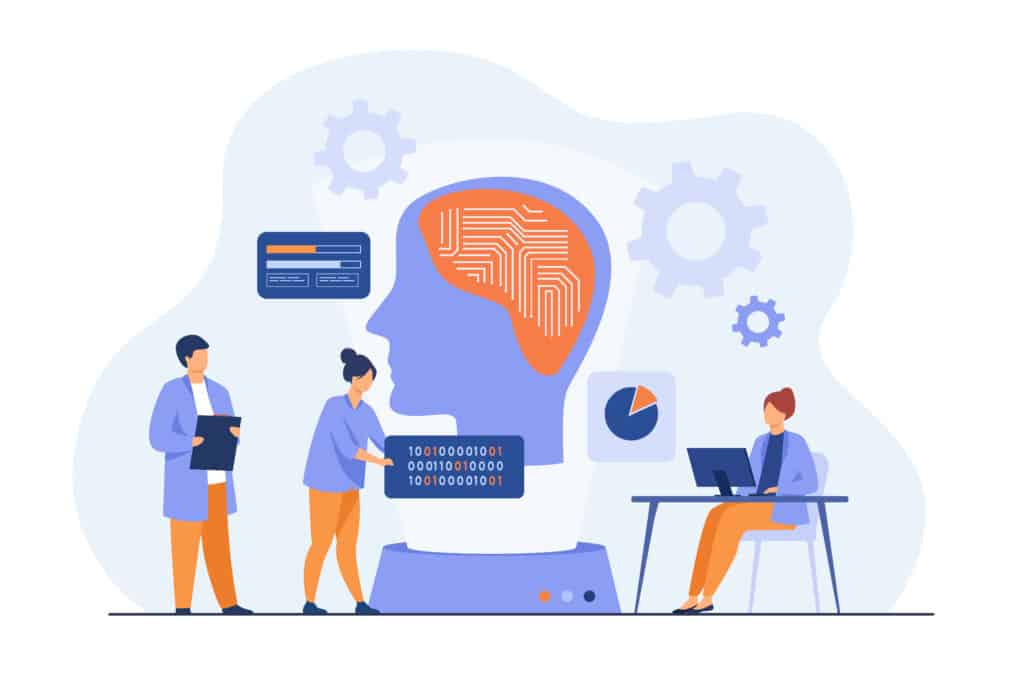
Challenges Faced by Startups During AI Consulting
While AI consultancy presents many benefits to businesses, it also comes with a few challenges. Let’s understand what these challenges are:
1. Lack of Data Quality and Quantity:
AI consulting for startups requires large amounts of high-quality data to produce accurate and reliable results. However, many businesses may not have access to sufficient data or may have incomplete or poor-quality data.
This can make it challenging to build AI models that are effective and accurate. Moreover, they may require significant effort and resources to collect and clean data.
2. Difficulty in Explaining AI Outputs:
One of the challenges of AI consulting for startups is that it can be difficult to explain how a model arrived at a particular output or decision. This lack of transparency can make it difficult for businesses to understand how AI impacts their operations and may lead to mistrust of AI models.
This challenge is especially significant in industries that require explainable AI, such as healthcare or finance.
3. Talent Shortage:
AI consulting for startups requires specialized skills and expertise, which can be challenging to find and attract. There is currently a shortage of AI talent in the market.
This shortage can make it hard for businesses to find qualified consultants. They need them to help develop and implement AI solutions. Moreover, this shortage will likely continue soon as demand for AI talent continues to grow.
4. Integration with Existing Systems:
Another challenge of AI consulting for startups is integrating AI solutions with existing systems and processes. AI models often require significant changes to existing workflows and procedures, which can be difficult and time-consuming to implement.
Additionally, businesses may need to invest in new infrastructure or technologies to support AI models, which can be costly.
5. Ethical Considerations:
AI consulting for startups has the potential to impact society in many positive and negative ways. AI consultants must consider the ethical implications of AI models and ensure that they are not perpetuating biases or contributing to harm.
Also, AI consultants must ensure they follow data privacy and security rules. These rules can be complex and need special expertise.
At first glance, the challenges associated with AI and consulting can seem daunting. However, partnering with an experienced AI consulting firm can quickly dissipate most of these challenges.

How to select the right AI Consulting partner for your Startup?
Hiring an AI consultant who understands and offers the right solutions is not easy either. Businesses must thoroughly analyze each available AI consulting firm and partner with those that match their requirements perfectly. Here are some hacks that can help brands find the right consulting partner.
- Expertise: Look for a consulting partner with a deep understanding of the technology and can provide specific examples of successful AI implementations.
- Industry experience: An AI consulting partner with expertise in your industry will be better equipped to understand your business requirements and offer tailored solutions.
- Reputation: Do some research and ask for references to check the AI consulting partner’s reputation and track record.
- Collaboration: Ensure that the consulting partner has a collaborative approach to working with your team and is willing to transfer knowledge to your employees.
- Communication: Effective communication is crucial in any partnership. Ensure that the AI consulting partner has clear communication channels and is responsive to your queries and concerns.
- Data privacy and security: AI consulting partners should have robust data privacy and security protocols in place to ensure that your business’s sensitive data is protected.
- Cost: Lastly, consider the consulting partner’s fees and compare them to the value they can provide to your business. Remember that the cheapest option is not always the best.
By considering these factors, you can select an AI consulting partner that can help your business successfully implement AI and drive growth.
The Future of AI Consulting for Startups
The demand for AI and consulting for startups will continue growing in the coming years. As AI becomes more advanced, it has the potential to transform the workplace by automating more tasks and improving decision-making. However, there are concerns about the impact of AI on the job market and the need for upskilling.
Increasing demand for AI consulting:
A report by Grand View Research says the global AI consulting market was worth USD 136.55 billion in 2022. It is expected to grow at a 37.3% CAGR from 2023 to 2030.
Another report by MarketsandMarkets estimates that the global AI consulting market will grow. It will grow from USD 86.9 Billion in 2022 to USD 1,008 million by 2025. The growth rate will be 33.2%.
Potential impact on the job market:
While AI is expected to create new jobs, it may also displace existing ones. McKinsey’s report says 375 million workers, or 14% of the global workforce, may need to switch jobs due to automation and AI by 2030.
However, AI may also create new jobs, particularly in data science and machine learning areas. According to a report by the World Economic Forum, the jobs with the fastest growing demand are related to data analysis, AI, and machine learning.
The Role of AI in Transforming the Workplace:
According to a survey by Deloitte, 72% of business executives believe that AI will be critical for their organization’s success in the next two years.
Another survey by Gartner found that 69% of organizations are currently experimenting with AI or have plans to do so in the next year.
AI is expected to transform the workplace by automating routine tasks, augmenting human decision-making, and creating new business opportunities. For example, AI can automate data entry, detect fraud, and personalize customer experiences.
Also check: How Machine Learning Solutions Improve Decision-Making
Final Words on AI Consulting
AI consulting for startups can help businesses improve operations, reduce costs, and increase revenue by leveraging AI technologies. With the help of top consulting firms, businesses can implement AI applications that lead to better business outcomes.
In addition, as AI continues to evolve, it has the potential to transform the workplace and create new opportunities for businesses.
AI Consulting: Frequently Asked Questions (FAQs)
What is a consulting business?
A consulting business provides expert advice and services to help individuals or organizations solve problems. Moreover, they also help to improve performance or achieve specific goals in various areas such as management, technology, or strategy.
What does an AI consultant do?
An AI consultant helps businesses leverage artificial intelligence (AI) technologies to solve problems, optimize processes, and make data-driven decisions. They provide expertise in implementing AI solutions tailored to the specific needs and objectives of the client.
What are some of the artificial intelligence consulting companies
Some artificial intelligence consulting companies include Accenture, Deloitte, IBM Watson, advansappz, and Capgemini. These companies offer specialized AI consulting services to help businesses harness the power of AI for innovation and growth.
Why is AI consulting becoming important?
AI consulting is becoming important because businesses increasingly recognize the value of AI in driving innovation and improving efficiency. AI consultants help bridge the gap between AI technologies and business objectives. Thus, enabling organizations to maximize the benefits of AI adoption.
What is the use of artificial intelligence in consulting?
Artificial intelligence is used in consulting to analyze large datasets, automate repetitive tasks, and generate insights from data. AI-powered analytics tools and algorithms enable consultants to provide data-driven recommendations and enhance forecasting accuracy.












